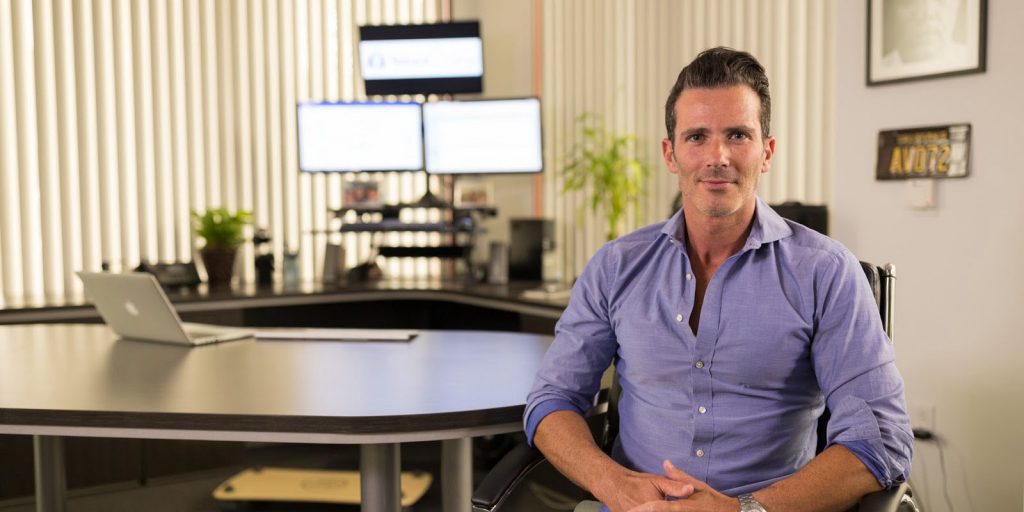Originally published in Forbes, written by Adam Stettner.
I have been a chief executive officer for over a decade. I founded our small-business financing company in San Diego after witnessing the financial crisis of 2008. I thought that was a tough time, but then came the pandemic, which makes the 2008 crash look relatively minor.
Since the Covid-19 pandemic hit, the world has been turned upside down. Leaders have been challenged with how to respond to such an unprecedented and uncertain situation. But as we move forward, there are lessons learned from the pandemic that we can use to guide our responses to future crises.
One crisis coping mechanism I’ve found particularly helpful is to keep perspective and stay positive. Remind yourself that you will get through the crisis, and always look for silver linings and opportunities to grow as a person. (I admit I have increased my meditation time during the pandemic.)
If you’re a hands-on executive like me who stays connected to the team through long hours and a top-to-bottom open-door policy, you’ve likely had to come up with new solutions to try to deliver the same employee experience. For example, when my company rapidly went remote earlier in the year, I increased my communications frequency and rhythm with the team. We began weekly full-company Zoom meetings to make sure everyone had the latest information and heard it directly from leadership. I ended every update or meeting with an open Q&A to address any questions the team had.
Equally important is your ability to serve and support your employees and know they (and their loved ones) are healthy and striving. Show your employees that even if they are in different locations, you are all a team, and leadership is present and available.
Part of my leadership style is having a lot of slack in my calendar so I can be free to strategize or help with the most pressing items. Remote work caused me to change that because most of my days are now spent going from Zoom meeting to Zoom meeting to work with individual departments or cross-functional teams when I’m not on with banks or financial sponsors. As business leaders, we must remind ourselves that adaptation is a key trait to ongoing success. Adapting to a more structured schedule in a time of crisis can help you stay focused and achieve individual tasks with less distraction.
My company is pleased with its success during the pandemic, and many of the process changes we put in place will surely become part of our future work style. The style and cadence of communication while remote led to more collaboration and a better understanding of each other’s perspectives that will most certainly help us to be more efficient as we return to work. With continued practice of our expanded communication, we will only improve from here. Better communication serves companies in any environment — good or bad.
The same is true of data analysis. We had always reviewed our statistics and key performance indicators (KPIs). During the crisis, we dove deeper, looking at them more often and with more granularity. That kind of deep analysis will help beyond the pandemic. Should any kind of crisis strike again, being familiar with nuanced data points can help you make more informed decisions even faster.
Lastly, being proactive and responsive to a crisis and its effects rather than knee-jerk reactive will serve you well. Quickly assess all the facts and data available to make decisive, well-communicated choices and explain to your team why you are doing what you are doing. This will go a long way in helping your clients and employees to understand changes.
Sometimes the worst of times brings out the best and most resilient demonstration of who we are. I feel that happened with our company, and I am grateful for our clients and employees. As leaders, we cannot control everything that happens to us; however, we can control how we respond.







